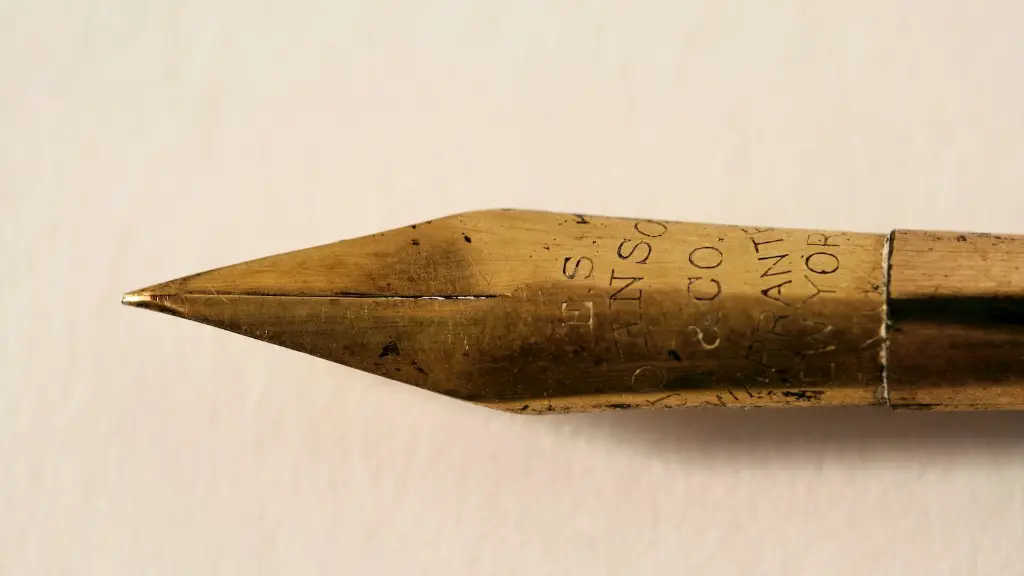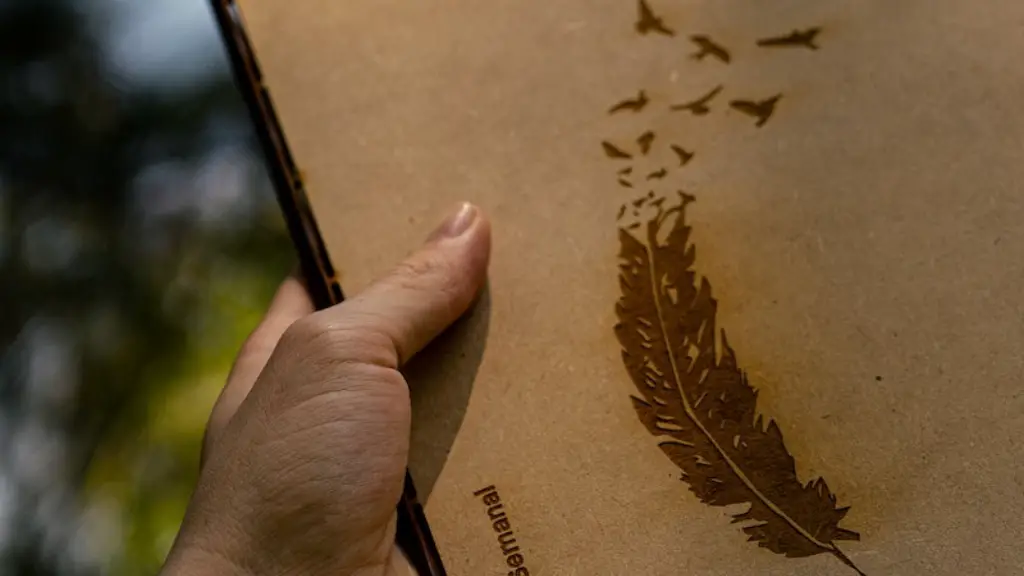Origins of Poetry
Poetry has been one of the oldest literary forms known to humanity, with its origins stretching back to ancient cultures where artists and storytellers composed verse and music to honor their gods and goddesses, retell significant stories, and praise the beauty of nature. Poems, along with stories and music, have always been integral for passing on culture, traditions, and beliefs down the generations.
Various scholars believe that the earliest form of poetry emerged from the oral customs of ancient Near Eastern and Mesopotamian civilizations. Ancient Sumerian texts from the 3rd millennia BCE, including the Epic of Gilgamesh and the Enuma Elish, are the earliest known surviving works of literature, containing several epic poems. It is believed that these works provided the foundation for the stylistics and conventions used in later poetic works. Homer’s Iliad is another great example of ancient epic poetry, circa 800-700 BCE, that also employed Homeric Similes, a type of complex extended metaphor.
Classical Poetry
In ancient Greece, poets were seen as intermediaries between the human and divine realms. Homer and Hesiod were two of the most famous poets who composed epic and narrative poetry, like the Homeric Hymns, which were dedicated to specific gods. Other well-known poets, like Sappho of Lesbos and Pindar of Thebes wrote in their own distinct poetic forms. The rate of ancient Greek poetry declined after the 3rd century BCE with the rise of the Roman Empire.
In the Western literary tradition, Classical Latin poetry, particularly that of Horace, Ovid, and Juvenal, is renowned for its rhyme and rhythm. Roman writers like Catullus and Virgil composed several masterpieces of literature, including the long piece Aeneid, Virgil’s epic poem detailing the legendary founding of Rome. During this period, some poets, like Vergil and Propertius, wrote verses with strict structures of length and meter to follow.
Romanticism to Modernism
Romantic poetry, with its intense use of imagination and emotion, has been immensely influential since the 18th century. During this time, the likes of William Wordsworth, William Blake, and Samuel Taylor Coleridge composed great works of nature-inspired poetry. Antoine de Saint-Euxpery and William Butler Yeats, welcomed new forms of expression to present their critiques of societal issues.
As the 19th century drew to a close, modernist poetry started to emerge as a form of creative expression. Ezra Pound most famously pioneered this shape-shifting form of writing, adding new elements of language and technique that revolutionized the way poems were created. Camille Poppers’s metaphysical poetry and T.S Eliot’s poetic dramas were some of the most talked-about works of the era.
Postmodern and Contemporary Poetry
From the 1950s onwards, the emergence of the Beat movement and their influence on the poetry of Allen Ginsberg caused a stir in the literary world. He, along with Jack Kerouac and William S. Burroughs, wrote of the rock ‘n’ roll, drug culture, and blues, creating a unique genre of Beat poetry.
In the 1960s and 70s, poets Gwendolyn Brooks and Sylvia Plath, amongst others, pushed for more unconventional modes of experimentation that turned the over-done and clichéd forms of poetry upside-down, sparking the interest of an entirely new reader base.
In the past few decades, spoken word and hip-hop genres have come to the forefront of popular contemporary poetry. From slam poets like Prince Ea to Grammy award-winning spoken word artists like A Tribe Called Quest, the creativity and talent of modern-day poets cannot be overstated.
Influence of Poetry in Art and Music
Poetry has had a major influence on the evolution of art and music. Many visual artworks, including paintings and sculptures, feature references to prominent forms of poetry.
Music of various genres, from rock and folk, to jazz, hip-hop, and rap, have explored themes seen in the works of established poets. Led Zeppelin’s classic “Stairway to Heaven” and Bob Dylan’s “Times They Are A-Changin” are two of many examples that employ references to poetry and its principles in their music.
Significance of Poetry
Poetry has been a powerful form of expression for many centuries. From its earliest origins to contemporary poets, the form continues to be used to ignite social discourse, promote storytelling, and create a sense of personal understanding and awareness.
Poetry can take on many forms and is ever-changing as it emerges with the cultural and technological shift of society. Its lasting impact on art, music, and literature cannot be overemphasized as its influence spans generations and crosses geographic boundaries.
Analysis of Poetry
The analysis of poetry is a key element in understanding the various contexts it can represent. Aesthetics, technique, and meaning behind the works of a poet are explored by scholars across in-depth research. Poetry is known to be an ambiguous form, which depends on the reader’s interpretation and their level of understanding of its construction.
From classical poem forms such as the sonnet and haiku, to the phrasing of rap and hip-hop, the interpretation of poetry is dependent on how well it is understood by the reader. In some cases, the socio-economic, cultural and political climates of when it was written might contribute to a greater appreciation of the poem’s content.
Education and Inspiration of Poetry
Influential poets, both present and past, have helped shaped the future of the form. A plethora of works, from Ancient Greece to modern-day have inspired poets and readers alike.
Poetry is often used in the education system as an effective tool for learning, understanding, and expression. Students of all levels have the freedom to use creativity and imagination to compose pieces of an array of genres, opening the mind up to an array of possibilities. Poetry and its analysis also serves as an excellent way for students to connect with literature and other works of art.
Power of Poetry
When exploring the power of poetry, one can understand that its various forms and layers of expression have continued to captivate listeners and readers, uniting people across different cultures and providing the platform for exchanging ideas.
It is noteworthy to mention that poetry has the power to inspire and motivate individuals to embrace their emotions and themselves without hesitation or discipline. Along with offering a creative and reflective outlet for those who don’t feel comfortable using verbal communication, poetry opens up the possibilities for self-exploration, understanding, and acceptance.
Legacy of Poetry
Since its invention, poetry has been regarded as a way to share ideas and celebrate life. While it can be seen as an entirely subjective subject, there is no denying the lasting impact it has had on the world, manifesting its presence in various applications such as storytelling and music.
It is with great detail and emotion that poets of many ages have celebrated and addressed the turmoil of life, the principles of passion and love, and the joy of discovering the beauty of life.
Poetry continues to bea powerful form of expression, whereby its creative boundaries remain largely unexplored. Its legacy encourages generations of young and aspiring poets to share their stories and capture their emotions, be it in powerful words or alluring music.


